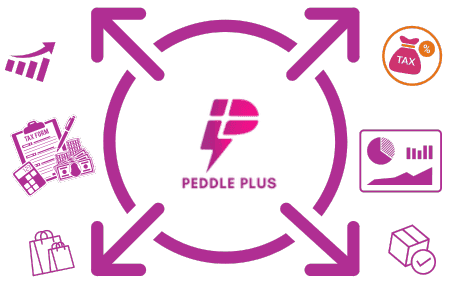Understanding ERP Software: A Comprehensive Guide to its Features and Benefits
Billing Software
Have you ever imagined a world where your business manages all its core processes from one place? Enter ERP software, an acronym for Enterprise Resource Planning software. This revolutionizing tool has streamlined operations across different sectors, from manufacturing to retail, finance to customer service. Thus, the question, 'What is ERP?', deserves an in-depth response and exploration. This blog provides a comprehensive ERP Software Introduction, focusing on its origin, core features, and benefits.
Unraveling the ERP Mystery
At its core, an ERP system helps manage and integrate functional areas of your business. An efficient ERP system touches on almost everything in your organization, from project management to procurement, human resources to supply chain operations. So, what's behind the 'ERP system, what is it' question? Fundamentally, it’s a solution-making mechanism designed to address the ever-growing demands of businesses.
How ERP Works - The Mechanism Behind the Magic
Understanding How ERP Works is central to leveraging its full potential. ERP operates through a central database. Various modules, contributing to different portions of the business process, pull data from this shared database. These range from product planning and development, manufacturing and marketing, sales and inventory management, shipping and payment, to service delivery. This interconnectedness helps maintain workflow continuity and informational consistency across departments.
Core Features of ERP Systems
ERP systems are symbolized by a plethora of engaging and dynamic features. Some key ERP Features include:
- Business Intelligence: ERP systems are embedded with AI, offering analytical capabilities that help in making informed business decisions.
- Customer Relationship Management (CRM): ERP platforms help manage customer data, sales, and customer support – retaining customers by developing deeper connections.
- Human Resources: It's not just about hiring and salary payments, ERP's Human Resources module also takes care of performance appraisal, succession planning, and personnel development.
- Inventory Management: ERP allows real-time management of customer orders, inventory, order delivery, and overall supply chain movements.
- Financial Management: All your financial data consolidated in one place for effortless management of income, expenditure, profits, and financial reporting.
The Bountiful Benefits of ERP
Investing in an ERP system can pave the way towards operational efficiency and profitable growth. Here are some notable Benefits of an ERP system:
- Synergy of Business Processes: ERP software improves operational efficiency by enabling the flow of information between all business functions inside the organization.
- Cost-Effective: By automating routine tasks, ERP systems help in reducing operational and administrative costs and freeing up resources for other critical activities.
- Informed Decision Making: Integrated information generated by ERP systems is key to making strategic business decisions based on real-time insights and analytics.
- Better Customer Service: By providing a unified, holistic view of clients, ERP systems enable better customer service and stronger customer relationships.
A well-designed and efficiently implemented ERP system can provide immeasurable benefits to its adopters. The key lies in understanding what is ERP, its core features, and how it works to benefit your business!